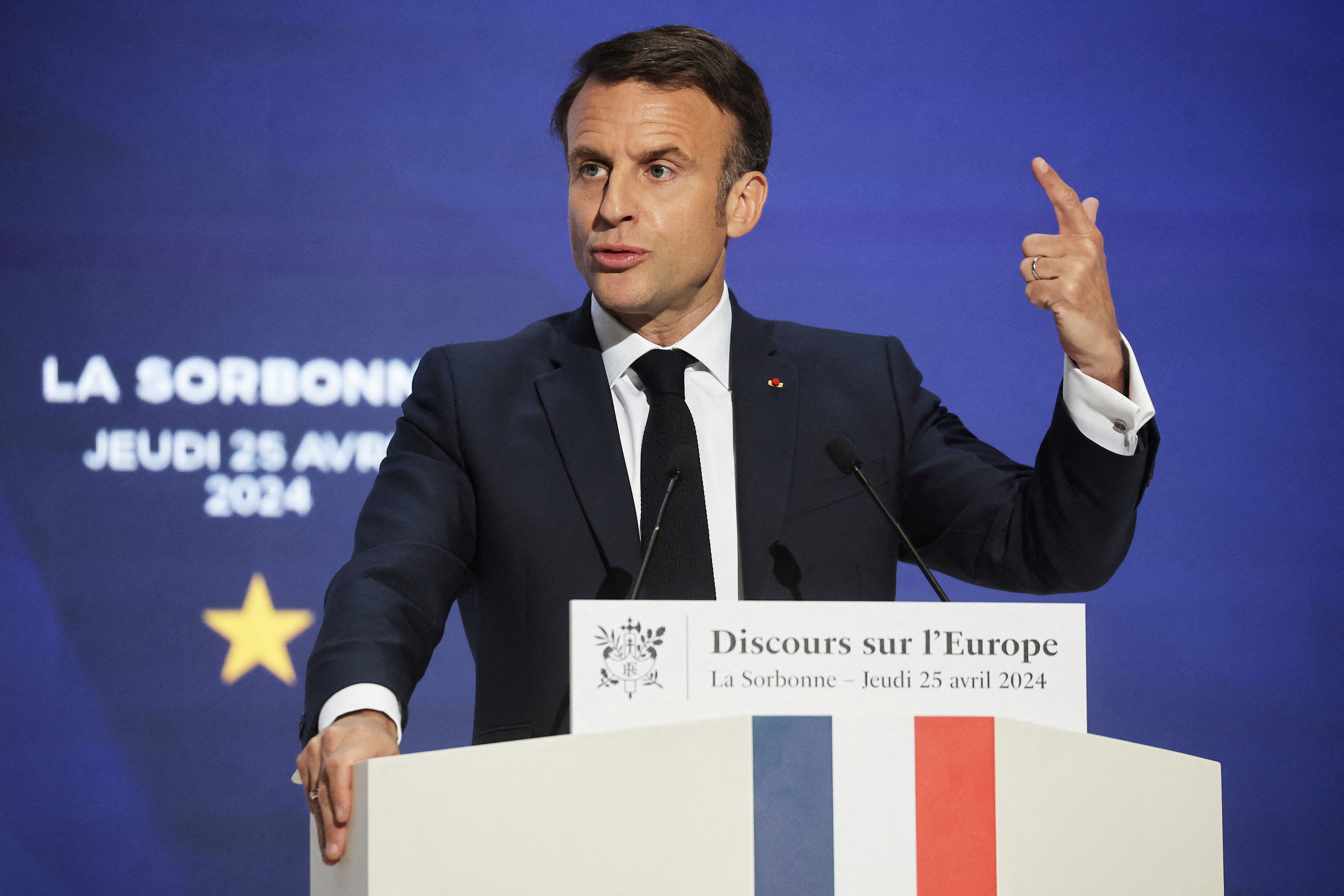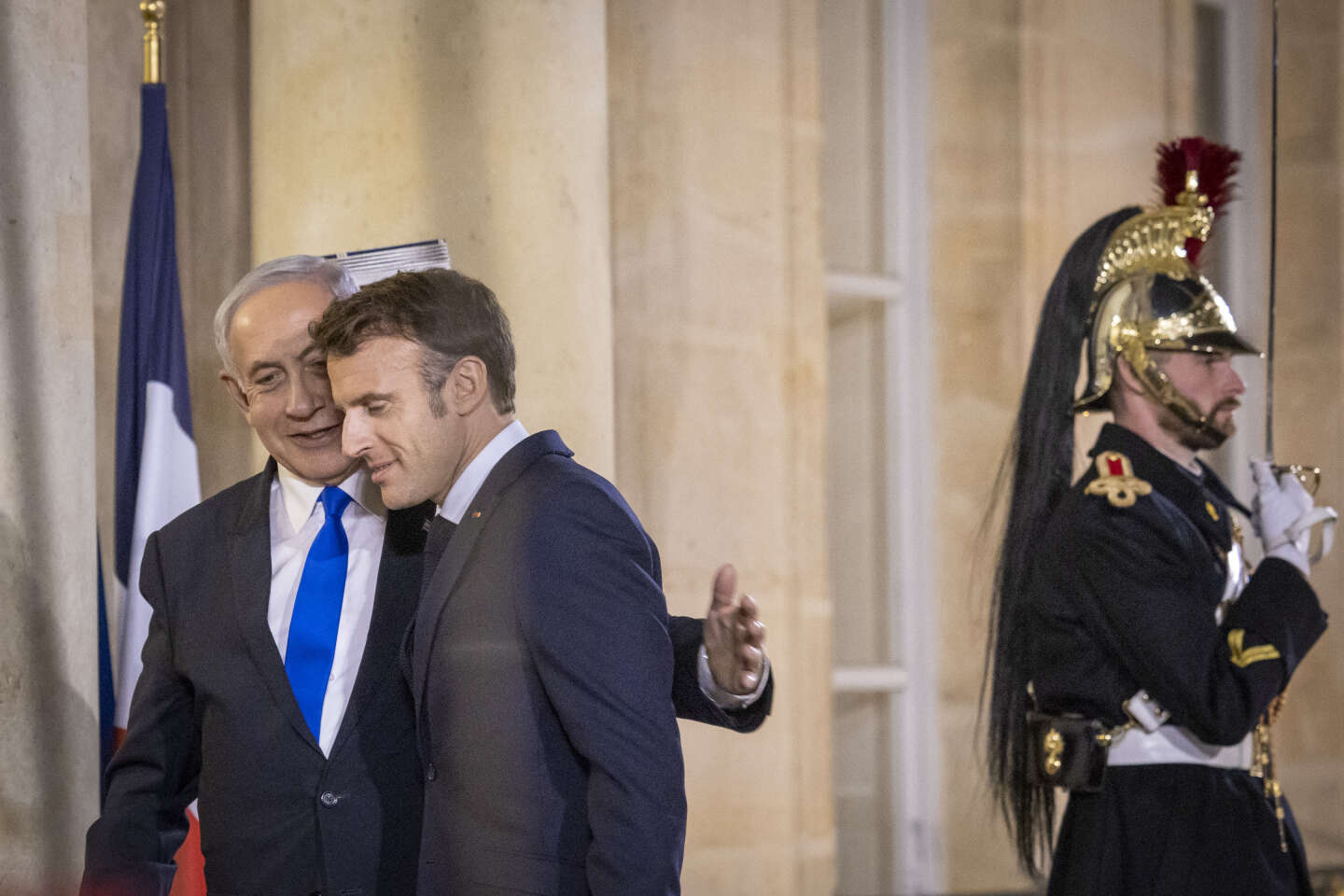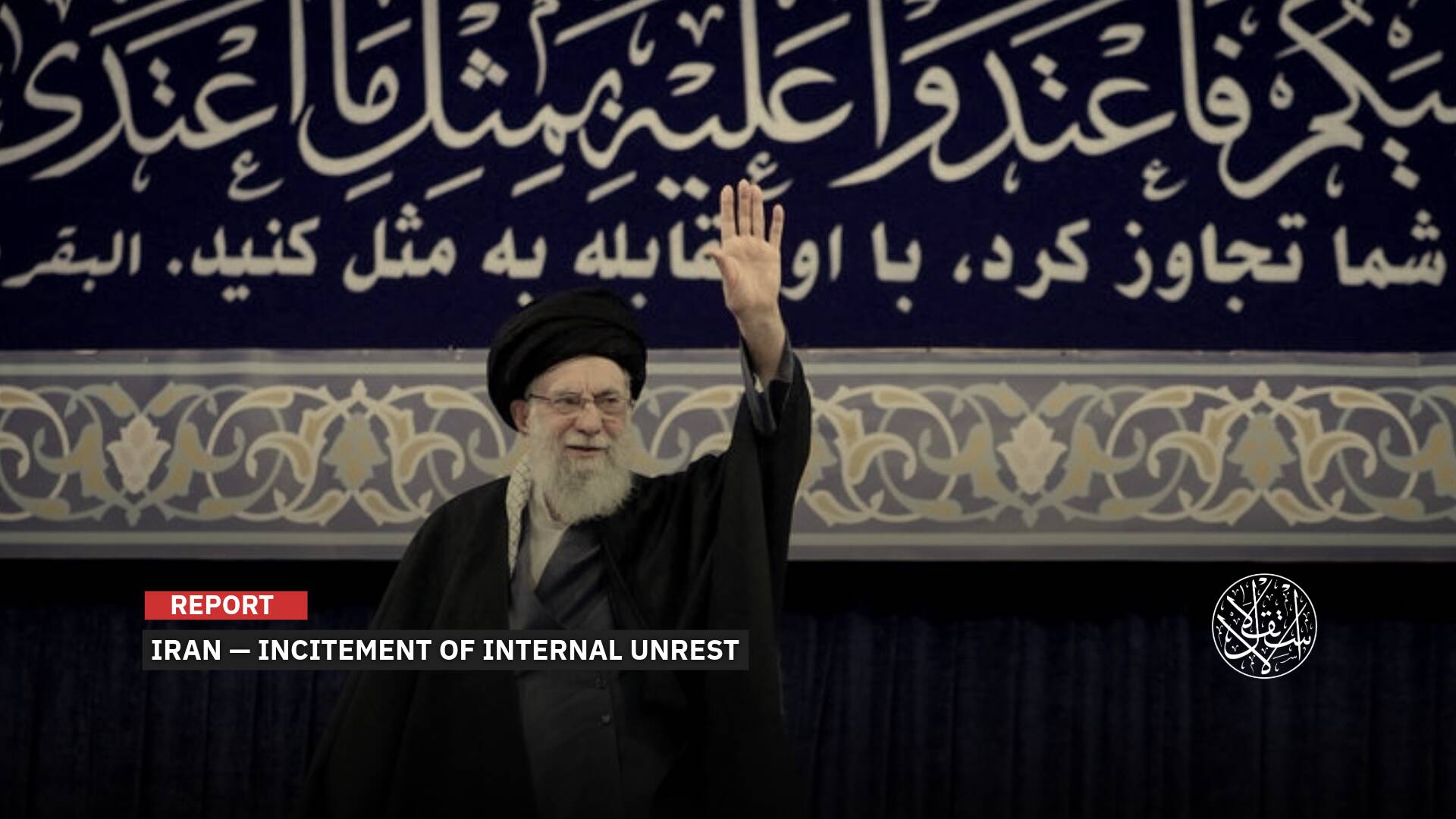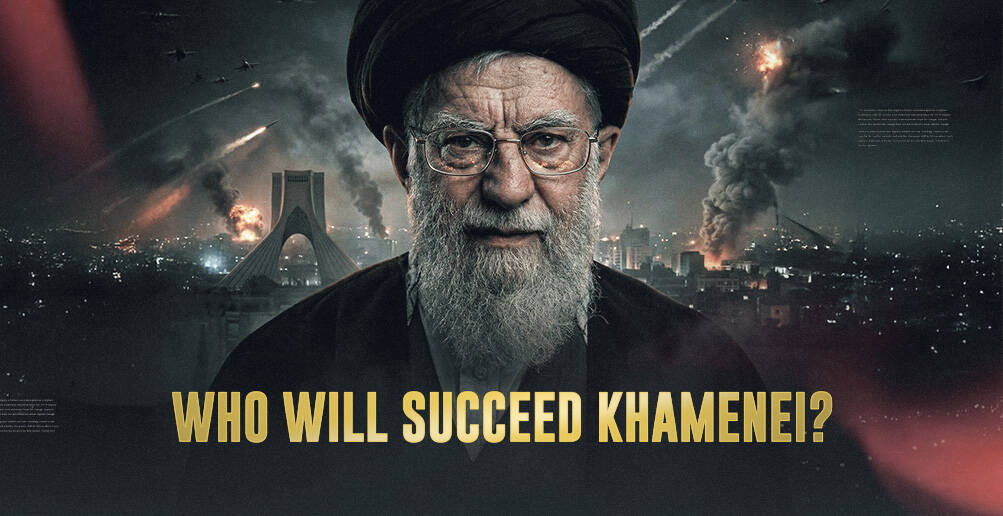How Macron’s Demands to Stop Arms Exports to 'Israel' Sparked Unprecedented Tensions

“Domestically, Macron has come under fire from pro-Israel groups within France.”
French President Emmanuel Macron called this week for an end to the delivery of weapons to “Israel,” noting that the priority is a political solution to the war that has been going on there for a year.
The Israeli Prime Minister Benjamin Netanyahu responded to Macron’s call quickly and sharply, stressing that it was shameful to call for an embargo on arms shipments to his country.
“Let me tell you this. Israel will win with or without their support, but their shame will continue long after the war is won,” he added.
French-Israeli Rift
French President Emmanuel Macron’s statements, published on October 5, angered PM Benjamin Netanyahu by stating that the priority today is to return to a political solution and stop delivering weapons to fight in Gaza.
He also stressed, in an interview with Radio France recorded on October 1, that France is not delivering any weapons.
“I think we were not listened to, I said it again to Netanyahu and I think it is a mistake, including for Israel’s future security,” Macron said.
“We see it clearly in public opinion, and even more horribly in public opinion in the region, it is essentially a resentment that is being generated, and hatred that is being fed by it,” he added.
According to the Israeli PM’s Office, Netanyahu strongly criticized Macron for his recent call, telling him: “Israel’s friends must support it, and not impose restrictions that will only strengthen the Iranian axis of evil.”
In a new attempt to mend fences, the two leaders spoke by phone on October 6, but the call appears to have done little.
Macron’s office said in a statement that the two leaders accept their differences of opinion, as well as their desire to understand each other well.

In another attempt to calm tensions with “Israel”, the Elysee stressed that France is “Israel’s permanent friend,” noting that Paris has provided military assistance to help confront Iranian missile attack.
Iran launched this missile attack following the Israeli assassination of Ismail Haniyeh in Tehran, an Israeli escalation seen by many as a dangerous one that could have resulted in a regional war.
In an official statement, the Elysee also stressed the need for diplomatic solutions, asserting that Netanyahu's reaction was excessive and detached from the friendship between France and “Israel.”
All of these points were emphasized by Foreign Minister Jean-Noel Barrot, who visited “Israel” this week, participated in the commemoration of the October 7 events, and met with his counterpart, Israel Katz.
“Today, to guarantee the security of Israel, to guarantee the security of the Israelis, the use of force must give way to the use of dialogue and diplomacy,” he told the press.
Barrot also doubled down on Macron’s call last week for a partial arms embargo on “Israel.”
“When we call for a ceasefire, we cannot at the same time provide offensive weapons to the belligerents. It is a question of consistency”, he said.
Barrot stressed the need to avoid an escalation against Iran which could lead to a regional war—a call Netanyahu seems to neglect given recent Israeli attacks on Lebanon.

Deep Dispute
This was not the first time Macron had proposed such a move, having previously called for it at the UN General Assembly last month.
He argued that it was inconsistent to push for a ceasefire while continuing to supply weapons.
Following the events of October 7, 2023, Macron reiterated his support for “Israel”, and has consistently called for the return of Israeli prisoners held by Hamas.
But Macron has also demanded that “Israel” follow international and humanitarian law to avoid civilian casualties, calling for a ceasefire in both Gaza and Lebanon to allow for diplomatic and political solutions.
According to analysts, Macron’s latest statement is not surprising, as he is trying to balance his approach to the Middle East conflict, which ranges from supporting “Israel’s right to self-defense” to criticizing Israeli military operations in Gaza and Lebanon.
They also pointed out that the rift between the French and Israeli leaders has become very deep, especially since “Israel” does not take any of Macron’s statements into account.
It is noteworthy that Macron is still shocked by Netanyahu’s haste to kill the French-US initiative, which was launched on the sidelines of the UN General Assembly, and with broad support from Arab and European countries.
French sources also indicated that Netanyahu was evasive when he said that negotiations were underway between the Israelis and the Americans regarding the initiative, while his army was preparing for a violent bombardment of the headquarters of the Lebanese Hezbollah.

Outrage and Criticism
Domestically, Macron has come under fire from pro-Israel lobbies within France, which are not limited to the Representative Council of Jewish Institutions in France (CRIF), but also include the far-right and some of the traditional right, as well as members in his ruling party.
Hard-right lawmaker Eric Ciotti condemned a political error that weakens Israel at a time when it is surrounded by hostile Islamist dictatorships, while Socialist MP Emmanuel Grégoire slammed Macron's unwelcome proposal.
“Israel should not be disarmed, and should stay in full capacity of being able to defend itself,” said the National Assembly speaker Yael Braun-Pivet, who is from Macron’s Renaissance party.
“Israel's reaction is perfectly understandable,” acknowledged Jean-Rene Cazeneuve, an MP from the French president's camp, referring to Netanyahu's furious response.
This internal opposition reveals the depth of the Israeli lobby's penetration of French and European politics in general.
In the same context, the CRIF expressed its deep regret over the French president's statements, considering that the call to deprive Israel of weapons does not advance peace, but rather serves Hezbollah and Hamas.
Similar statements were made by Jewish and non-Jewish figures who support “Israel”.
In turn, Paris-based journalist Mahran Homsi explained to Al-Estiklal that “Macron knows that he will not have a game-changing impact regarding the US administration’s military support for Israel.”
“But what he is doing is sending a clear message to the rest of the world that France, and perhaps the Europeans, have a different position than the Americans,” he added.

Mysterious Trade
The French government said that Paris occupies a marginal position in terms of supplying weapons to Israel, in light of the controversy surrounding Macron’s call not to supply Tel Aviv with weapons to force it to stop its war in Gaza and Lebanon.
But Benoit Muracciole, President of the Aser organization, which monitors government arms sales, says that “it is a very mysterious trade, and there is no political will to make it more transparent.”
Investigative websites Disclose and Marsactu wrote in March that Marseille-based firm Eurolinks had sold Israel M27 links, metal pieces used to join rifle cartridges into ammunition belts for machine guns.
But French Defence Minister Sebastien Lecornu told reporters in Paris that Eurolinks' licence to export to Israeli firm IMI Systems only covers re-export to third countries rather than use by the Israeli army.
“France did issue licences for parts for Israel's Iron Dome missile defence system,” he admitted.

In another investigation published on 17 June, Disclose revealed that the French government had authorised the delivery of electronic equipment for drones suspected of bombing civilians in Gaza.
It explained that the French Thales Group secretly purchased electronic equipment for the Hermes 900 drones used in these strikes.
In contrast, human rights organizations, such as Amnesty International, demanded before the Administrative Court in Paris to suspend arms export licenses to Israel due to the risk of their use against civilians in Gaza.
Sources
- War in the Middle East: What we know about France's arms deliveries to Israel [French]
- Francophonie at the top, interview with Emmanuel Macron [French]
- Emmanuel Macron speaks out in favour of stopping arms deliveries to Israel for the war in Gaza [French]
- Behind the War of Words Between Macron and Netanyahu
- Macron faces backlash after demand for Israel arms embargo in Gaza
- French FM backs Macron’s calls for arms ban, argues it’s for Israel’s security
- Delivery of machine gun equipment to Israel: France cultivates opacity [French]









